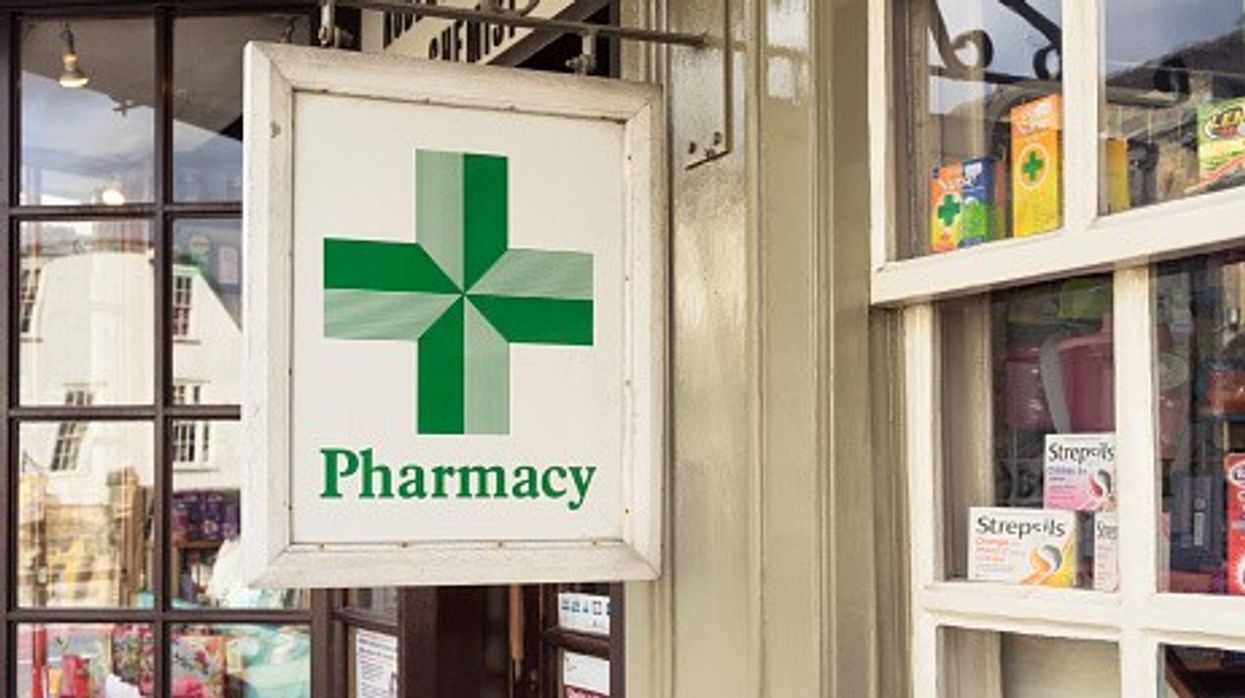Pharmacists and pharmacy teams are central to delivering more integrated care, says RPS England Board Chair, Tase Oputu
Integration of primary and community care is key to health service improvement - Lords Committee has said in a new report published on 15 December.
The report highlighted the need for better staff training, improved data-sharing, flexible healthcare structures and collaboration across different professions in the healthcare system to support more integrated care.
Royal Pharmaceutical Society (RPS) England has welcomed the report, and highlighted the important role pharmacy teams can play in improving patient care.
Tase Oputu, Chair of RPS England Pharmacy Board, said: “Pharmacists and pharmacy teams play a vital role in supporting more integrated care, working with multidisciplinary teams across the health service.
“Enabling pharmacists and other health professionals to update a clinical record will be key to unlocking their potential to enhance patient care.
“We know that pharmacy teams need the time and resource to help plan and implement new services and the Committee recognises this cannot be simply added to meet day-to-day demand.
“Workforce planning and a greater commitment to protected time will be vital to helping deliver a more integrated health service for patients.”
The 'Patients at the centre: integrating primary and community care' report include recommendations such as:
- A more simplified and flexible system for awarding contracts and allocating funds within the NHS to encourage multi-disciplinary, integrated working.
- A properly maintained Single Patient Record (SPR) and the ability for intersectoral data-sharing between healthcare professionals are essential to successful healthcare integration.
- Equipping staff to work across multiple clinical disciplines through improved training and including social care needs in the NHS's Long Term Workforce Plan to ensure that enough well-trained social carers are available.
Baroness Pitkeathley, Chair of the Integration of the Primary and Community Care Committee, said: “For most people, the NHS does not mean hospital care but their GP practice [Primary Care] and/or Community Care [district nurses/pharmacists/mental health nurses]. Lack of coordination between these everyday services means patients are receiving sub-standard care and missing out on many services which could help them by ensuring they receive treatment in their own homes or community, without putting extra strain on beleaguered hospitals.
“We need more joined-up care, and more focus on preventative services if the NHS is going to be able to address the problems posed by the growing number of people in our society with multiple health issues which need complex and continuous care. It is not an impossible task but requires, as our report sets out, more flexible systems, better data sharing, shared training of staff, good leadership and mutual respect between the many different professions in the system. The reward will be better value for money, a more efficient system and above all, better outcomes for patients.”













